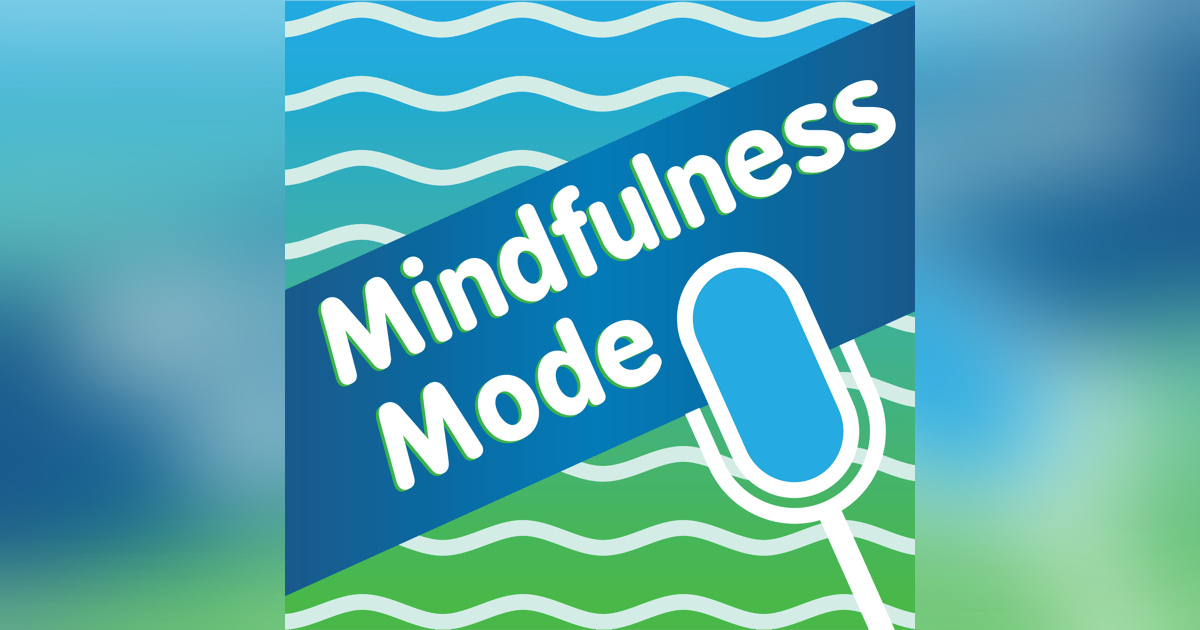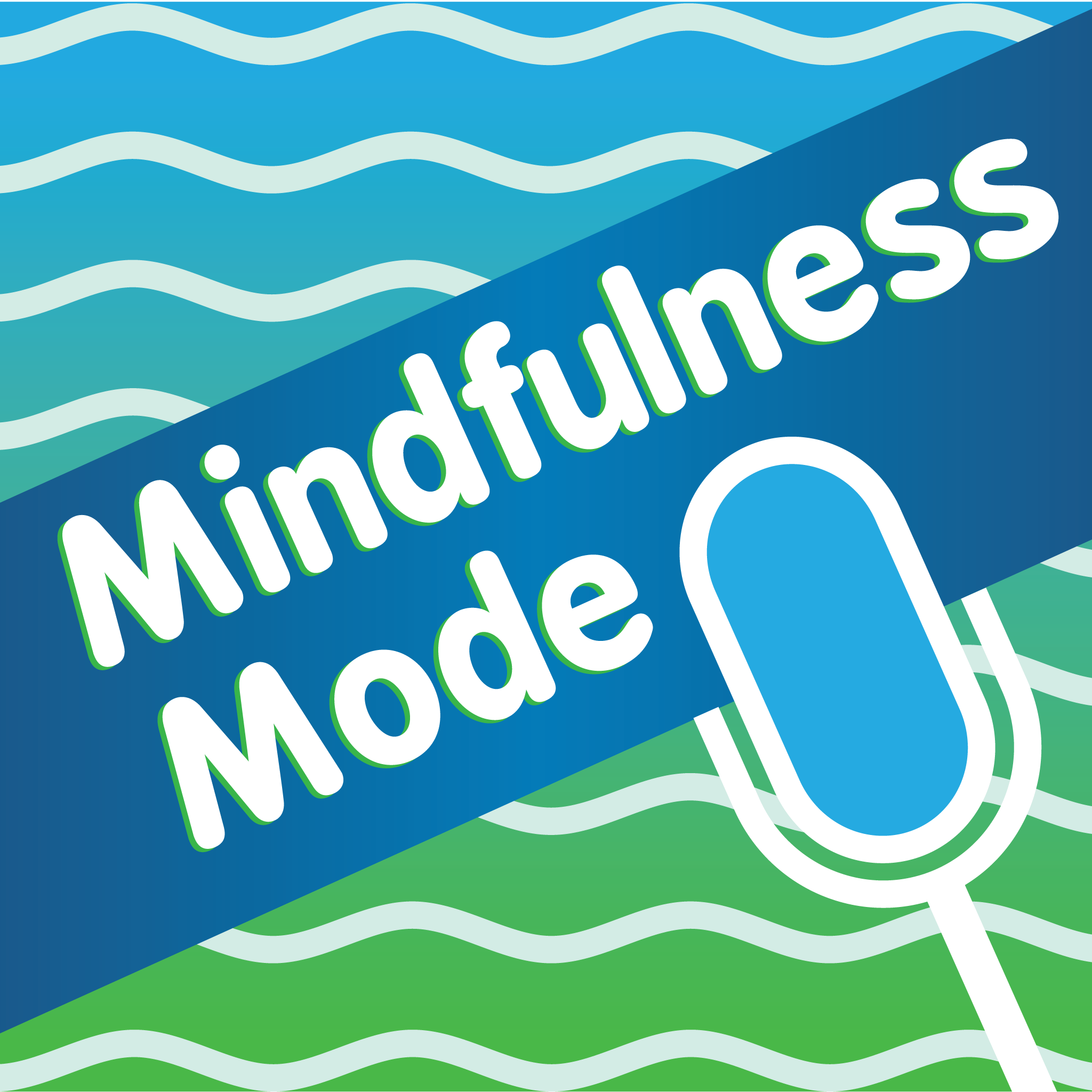Mindfulness; 3 Core Elements


Three core elements of mindfulness is the topic of today's episode. At its simplest level, to be mindful is to pay attention on purpose. To be aware, to breathe, to be still, and to observe. Mindfulness is also to experience what is happening in this very moment in time. Mindfulness is to accept without judgment the thoughts and emotions you experience.
Listen & Subscribe on: iTunes / Stitcher / Podbean / Overcast / Spotify 1/ Being PresentMindfulness is about being fully present and aware of what's happening right now. It's like focusing on the present moment on purpose. By doing this, you can learn more about yourself, your thoughts, and your biases. Instead of dwelling on the past or constantly thinking about the future, mindfulness helps us stay in the “now.”
When you practice mindfulness, you pay attention to what you're doing or feeling at the moment. This can be as simple as focusing on your breathing. For example, you can say to yourself, “I am breathing in, I am breathing out” as you take slow breaths. By doing this, you become more aware of your thoughts and feelings without getting lost in worries or regrets.
Mindfulness can help reduce stress and negative emotions like anxiety and sadness. It's like taking a break from our usual worries and being more present with ourselves and the world around us. You can practice mindfulness through meditation, yoga, or even by doing one thing at a time and giving it your full attention.
For instance, right now, I'm writing this without any distractions, like meetings or emails. It's a simple idea, but it can make a big difference in how we feel and understand ourselves. So, focus on the present moment and give it your energy and attention because it's the only moment that truly matters.
2/ AcceptanceMindfulness means accepting things as they are and being open to whatever may come. It's not just about focusing on the present moment; there's also an attitude that goes along with it. This attitude is described as being open, accepting, and curious.
To practice mindfulness, people learn to sit quietly and pay attention to what's happening inside them at any given moment. The goal is to let thoughts and emotions flow naturally without trying to control or judge everything that happens. This can be hard for beginners and even experienced practitioners can find it challenging to stay accepting and open for long periods.
In our culture, we're often taught that some thoughts and emotions are better than others, and we should try to stop our thoughts or change our emotions. But mindfulness encourages acceptance and openness, which can lead to a sense of stillness. Just being still and observing without trying to change anything might feel strange or uncomfortable, but that's the idea – to simply “be” in the moment.
When we're still, thoughts and emotions come and go quickly or slowly, and they can change without us trying to make them change. Becoming aware of these patterns inside us and being curious about them is an important first step in practicing mindfulness.
In addition to being present and having the right attitude, there are three more elements of mindfulness that we'll be discussing in this book. These elements help capture the true spirit and essence of mindfulness, and they're important for applying mindfulness in sports and other areas of life.
3/ Being Non-JudgmentalMindfulness includes an important aspect called “Nonjudging,” which means not judging or labeling our thoughts and emotions. In many cognitive behavioral techniques, there is a tendency to judge and label our thoughts and feelings, but mindfulness encourages us to take a different approach.
Imagine you're sitting by a river, and your thoughts and emotions are like things floating down the river. Instead of getting caught up in each thought or emotion, you can observe them from a distance. This helps us realize that not all our thoughts are rational, and some emotions aren't connected to what's happening right now. We don't have to believe everything our mind tells us.
For example, if athletes often feel anxious about their performance, they might label themselves as “chokers” or “head cases.” Mindfulness can teach them to see that anxiety comes and goes, and it doesn't define who they are. It's the same with feelings like grief or depression; they are part of our experience but don't define us.
Having a nonjudgmental attitude allows us to accept the present moment as it is, without categorizing everything as good or bad. It gives us the space to linger in the present and fully experience it without constantly judging and evaluating everything.
In mindfulness, the first step is getting to the present moment, but the nonjudging attitude is what allows us to accept and appreciate it fully. By observing our thoughts and emotions from a safe distance, we can better understand our internal patterns and have a more meaningful experience in the present moment.
Suggested Resources- Book: Being Nature: A Down-to-Earth Guide to the Four Foundations of Mindfulness by Jack Kornfield
- Book: Mindfulness for Beginners: Reclaiming the Present Moment and Your Life by Jon Kabat-Zinn
- App: Calm